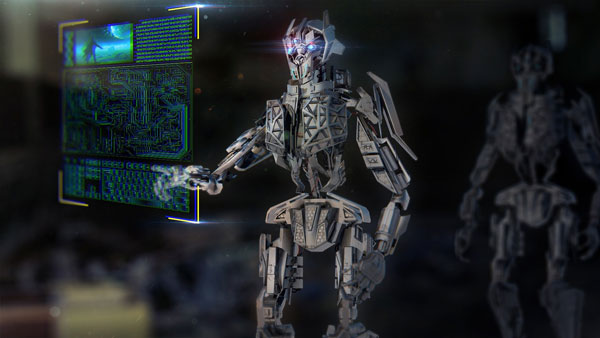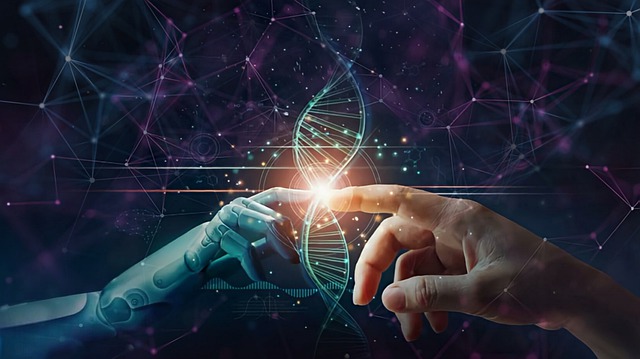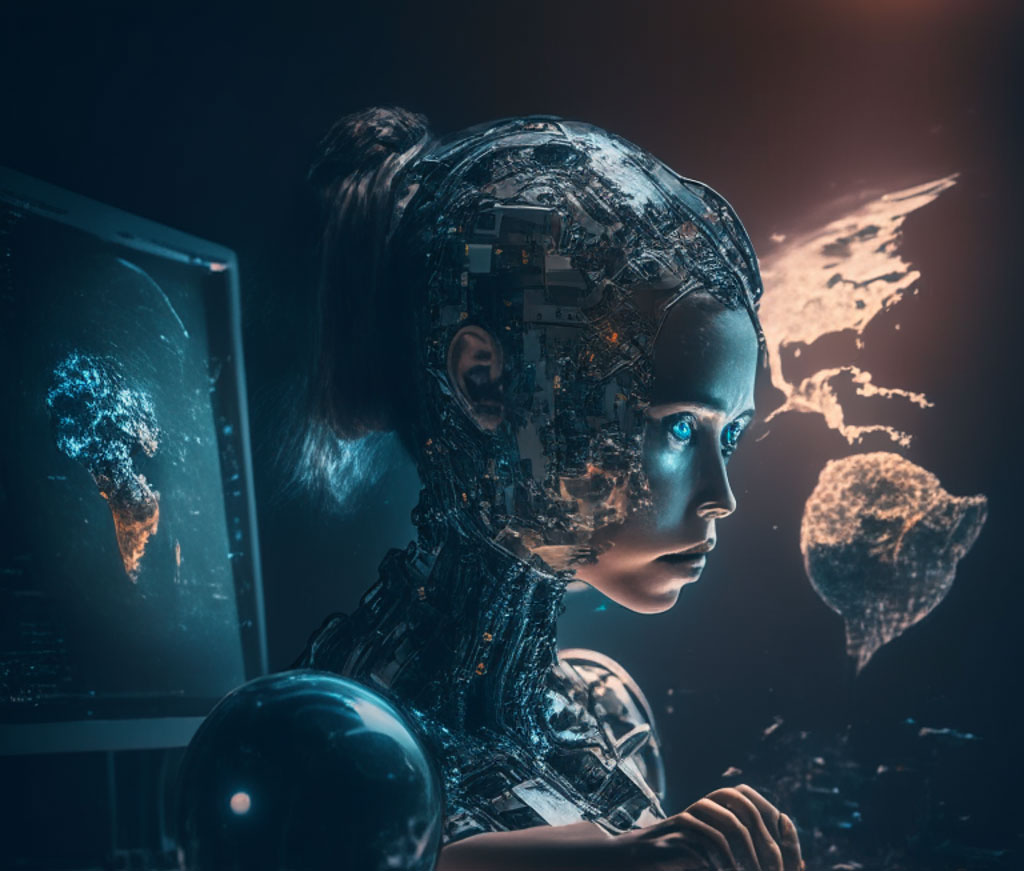
The telecommunications industry has always been at the forefront of technological innovation, and the rise of artificial intelligence (AI) is set to shake things up even further. While there is no doubt that AI will have a transformative effect on the industry, there is some debate about whether this will be a positive or negative change.
On the one hand, AI has the potential to revolutionise the way that telecommunications companies operate. For example, AI-powered chatbots can be used to provide customer service around the clock, freeing up human employees to focus on more complex tasks. AI can also be used to analyse data in real time, helping companies to identify trends and make more informed decisions.
However, there are also concerns that AI will lead to job losses in the telecommunications industry. As AI becomes more advanced, there is a risk that many tasks currently performed by humans will become automated. This could result in large-scale redundancies and a shift towards a more technology-focused workforce.
As a potential downside of AI in telecommunications, cyberattacks are also a concern. As AI becomes more integrated into networks and systems, hackers will also have a greater opportunity to target it. Not only for the telecommunications company, but also for its customers, a successful cyberattack may have serious consequences.
Despite these concerns, there is no doubt that AI will have a significant impact on the telecommunications industry. Increasingly, companies will turn to AI-powered solutions as a way to stay competitive and provide better service to their customers. In spite of the fact that it is still unclear whether this change will be a positive or negative one, one thing is certain – the telecommunications industry will never be the same again.

According to ChatGPT here are 5 Pros on Cons for AI itself...
PROS
- Increased Efficiency: AI-powered systems can automate tasks that would otherwise require human intervention, leading to increased efficiency and productivity.
- Better Decision Making: AI algorithms can analyse vast amounts of data and provide insights that would be difficult for humans to identify, leading to better decision-making.
- Improved Customer Service: AI-powered chatbots and virtual assistants can provide 24/7 customer service, reducing wait times and improving customer satisfaction.
- Personalisation: AI can be used to analyse customer data and provide personalised recommendations and marketing, leading to increased engagement and sales.
- Cost Reduction: By automating tasks and reducing the need for human labour, AI can help companies reduce costs and increase profitability.
CONS
Job Losses: As AI becomes more advanced, there is a risk that many jobs currently performed by humans will become automated, leading to job losses and unemployment.
Bias: AI algorithms are only as unbiased as the data they are trained on, and there is a risk that AI systems could perpetuate or even amplify existing biases in society.
Privacy Concerns: As AI systems collect and analyse vast amounts of data, there is a risk of privacy breaches and misuse of personal information.
Lack of Creativity: While AI systems can perform many tasks with great efficiency, they lack the creativity and intuition of human workers.
Dependence on Technology: As companies become more reliant on AI-powered systems, there is a risk of dependence and vulnerability to cyber-attacks and system failures.
Whether you’re for or against the idea of AI it is inevitable, to say the least. It’s both scary and exciting at the same time.

AI-generated image with the phrase, “AI taking over the world in the future”.

AI-generated image with the phrase, “The benefits of AI in the workplace”.






